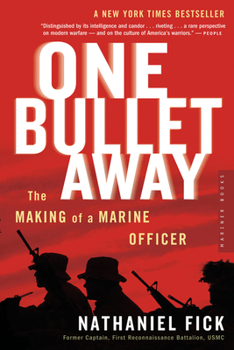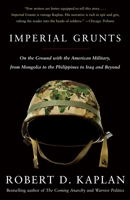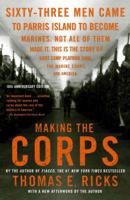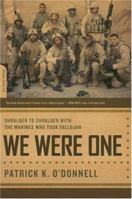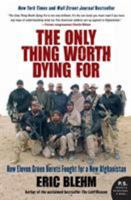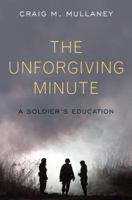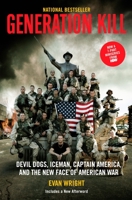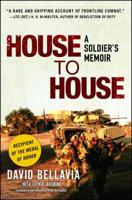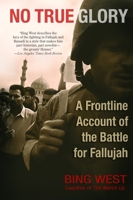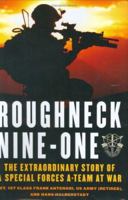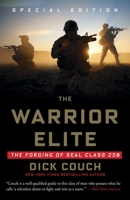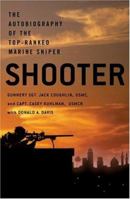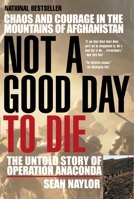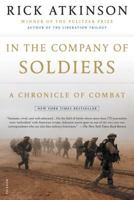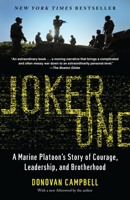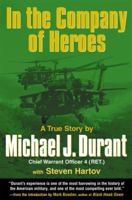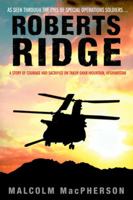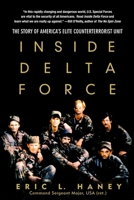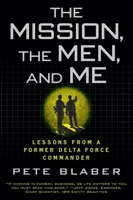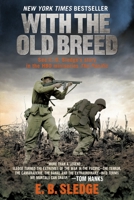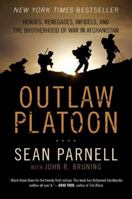One Bullet Away: The Making of a Marine Officer
Select Format
Select Condition 
You Might Also Enjoy
Book Overview
If the Marines are "the few, the proud," Recon Marines are the fewest and the proudest. Nathaniel Fick's career begins with a hellish summer at Quantico, after his junior year at Dartmouth. He leads a platoon in Afghanistan just after 9/11 and advances to the pinnacle--Recon-- two years later, on the eve of war with Iraq. His vast skill set puts him in front of the front lines, leading twenty-two Marines into the deadliest conflict since Vietnam. He vows to bring all his men home safely, and to do so he'll need more than his top-flight education. Fick unveils the process that makes Marine officers such legendary leaders and shares his hard-won insights into the differences between military ideals and military practice, which can mock those ideals.
In this deeply thoughtful account of what it's like to fight on today's front lines, Fick reveals the crushing pressure on young leaders in combat. Split-second decisions might have national consequences or horrible immediate repercussions, but hesitation isn't an option. One Bullet Away never shrinks from blunt truths, but ultimately it is an inspiring account of mastering the art of war.
"Fick's writing style sets this book apart from other accounts of recent conflicts and guarantees One Bullet Away a place in the war memorial hall of fame."--USA Today
Customer Reviews
Rated 5 starsMust read for junior officers and enlisted leaders
Fick provided an in-depth look at the challenges faced by new officers such as learning what they must do to succeed in battle, carrying out orders that carry more risk than it is worth, and even the mental fortitude required to be a leader/recon marine. If you’ve seen Generation Kill, I highly recommend you read this as it provides a more in-depth look at an already realistic show
0Report
Rated 5 starsa Warriors secret heart...
Legit. A Recon Marine always gives more than he takes. With this said I respectfully thank and honor Capt. Fick for his private and revealing book about Idealism, loss of innoccence, and the Mask of Command. Do Leaders regret, do they feel, do they disagree? Yes, the Legit ones do. However they rarely disobey. Ramparts become stepping stones and enemy ambushes proving grounds for small unit tactics and fire and manuever...
0Report
Rated 5 starsLeadership, Duty, and Brotherhood
"I left the Corps because I had become a reluctant warrior. Many Marines reminded me of gladiators. They had that mysterious quality that allows some men to strap on greaves and a breastplate and wade into the gore. I respected, admired and emulated them, but I could never be like them. I could kill when killing was called for, and I got hooked on the rush of combat as much as any man did. But I couldn't make the conscious...
0Report
Rated 5 starsA New Classic
In flowing narrative, Fick leads the reader from his initial decision to become a US Marine, through his subsequent training, and finally into the wars of Afghanistan and Iraq. I found it an exceptionally honest and raw look into military life, and into the current wars in Afghanistan and Iraq. One Bullet Away gives an account of what it means to be a soldier today fighting on the front lines. With nuance it discusses the...
0Report
Rated 5 starsWell-written book by a warrior/scholar
I was fortunate to receive a rare galley of "One Bullet Away," or "OBA," and immediately got through the first 100 pages the first night. Fick's prose is by far the best of the current plethora of Afghanistan/Iraq war memoirs (throw in the few Desert Storm books too). His writing actually flows with descriptive details from his days as a junior at Dartmouth through officer candidate school. The meat of OBA starts with his...
0Report










